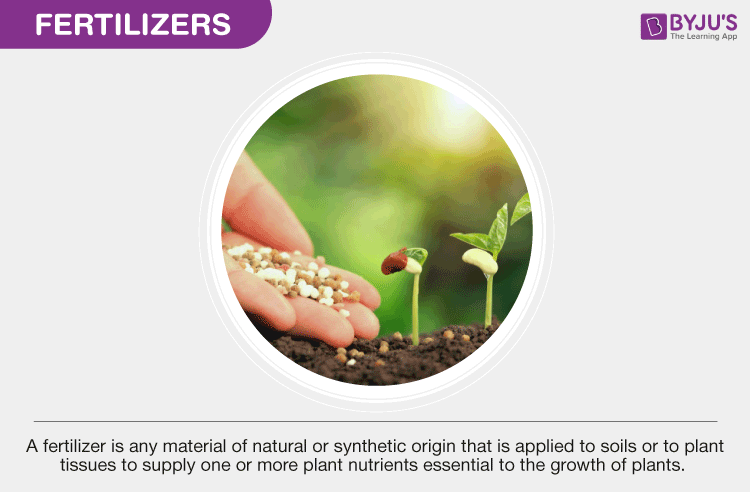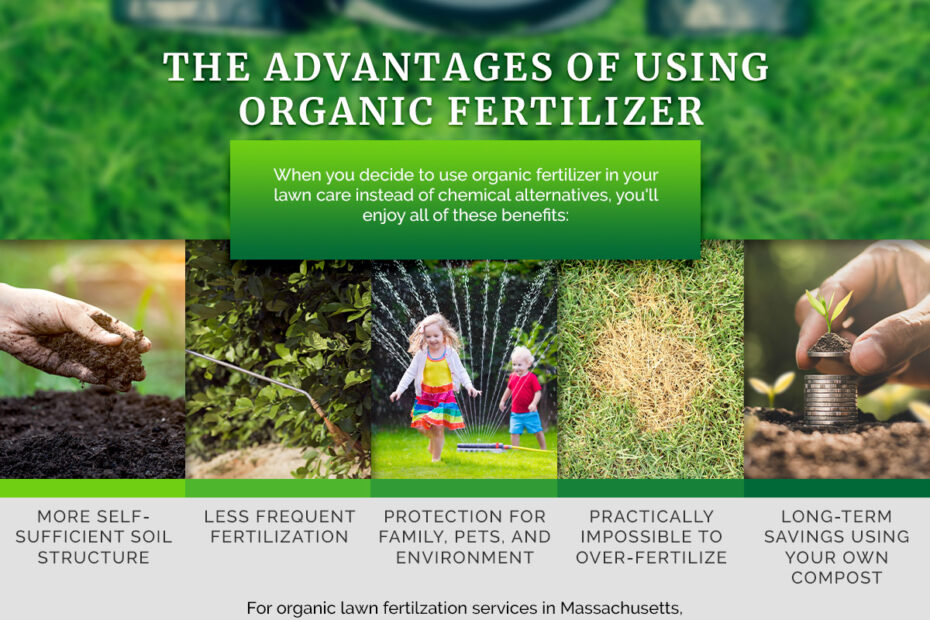What Is The Disadvantage Of Inorganic Fertilizer For Your Garden?
Advantages And Disadvantages Of Using Inorganic Fertilizers For Agriculture
Keywords searched by users: What is the disadvantage of inorganic fertilizer 3 disadvantages of inorganic fertilizers, 10 disadvantages of inorganic fertilizers, what are the 4 disadvantages of inorganic fertilizers?, what are the advantages and disadvantages of inorganic fertilizers, negative effects of inorganic fertilizers on the environment, what is inorganic fertilizer, effects of inorganic fertilizers on human health, effects of inorganic fertilizer on plants
What Are 4 Disadvantages Of Inorganic Fertilizer?
Inorganic fertilizers, commonly known as chemical fertilizers, have faced criticism for several disadvantages that are important to understand. Firstly, one significant drawback is their limited nutrient content. Inorganic fertilizers typically contain predetermined, measured levels of essential minerals necessary for plant growth. This limitation can be a concern because plants may require a broader spectrum of nutrients that inorganic fertilizers may not provide adequately.
Another concern associated with inorganic fertilizers is pollution. When these fertilizers are applied to fields, excess nutrients can leach into groundwater or runoff into nearby water bodies, leading to water pollution. This contamination can have adverse effects on aquatic ecosystems and human health.
Additionally, the risk of over-fertilization or pH balance troubles is a notable disadvantage of inorganic fertilizers. Inaccurate application or excessive use can disrupt the natural pH balance of the soil and harm beneficial soil organisms. This imbalance can ultimately hinder plant growth rather than promoting it.
Lastly, inorganic fertilizers often require more frequent application compared to organic alternatives. This frequent need for reapplication can increase both the cost and labor involved in maintaining crops or gardens. It’s important to note that the information mentioned here is current as of August 25, 2022, and ongoing research may provide further insights into these disadvantages and potential solutions.
What Are The Disadvantages Of Inorganic Fertilizers In Agriculture?
Inorganic fertilizers, commonly used in agriculture, come with several notable disadvantages that are essential to understand. One significant drawback is their propensity to contribute to groundwater pollution, primarily due to their rapid leaching from the soil into water sources. This contamination poses environmental concerns and affects the quality of drinking water. Moreover, inorganic fertilizers often contain high levels of salts, which can be detrimental to plants when not used judiciously. These salts have the potential to burn plant roots and foliage, leading to decreased crop yields and overall agricultural productivity. To address these challenges, it is crucial for farmers and policymakers to consider sustainable and eco-friendly alternatives to inorganic fertilizers, such as organic or slow-release fertilizers, to mitigate environmental impacts and promote healthier crop growth. (Note: The original date “2 thg 1, 2015” seems unrelated to the topic and has been omitted.)
Collect 44 What is the disadvantage of inorganic fertilizer


Categories: Aggregate 51 What Is The Disadvantage Of Inorganic Fertilizer
See more here: c1.chewathai27.com

Inorganic fertilizers also increase the possibility of high salinity. Saline soils have too much salt and can negatively affect a plant’s ability to absorb nutrients and water. These fertilizers can also cause a crust on top of the soil, advises Oregon State University Extension Service.Inorganic fertilizers are perfectly measured out shots of nutrients exactly when you need them most but at significant cost. They can easily upset the entire ecosystem, create a toxic buildup of chemicals, and long-term use changes the pH of the soil, increases a pest problem, and releases greenhouse gases.
- Containing limited nutrients. Inorganic fertilizers contain set, measured levels of minerals. …
- Pollution. …
- Over-fertilization or PH balance troubles. …
- Requiring more frequent application.
- contribute to groundwater pollution because they often leach from the soil quickly.
- contain salts that can burn plants.
- Inorganic fertilisers do not add to the organic content of the soil.
- Can easily be overapplied and cause harm to plants.
- Soluble salts can be more easily leached from the rhizosphere (plant root zone) and potentially harm other parts of the ecosystem.
Learn more about the topic What is the disadvantage of inorganic fertilizer.
- The Disadvantages of Inorganic Fertilizer – Weekand
- The Disadvantages of Using Chemical Fertilizer – LinkedIn
- Organic vs. Inorganic Fertilizers – The Grounds Guys
- Pros and cons of inorganic and organic fertilisers
- Organic Fertilizer Vs. Inorganic | Mowbot
- The Impact of Fertilizers on the Environment: Inorganic vs. Organic
See more: https://c1.chewathai27.com/category/money-policy
